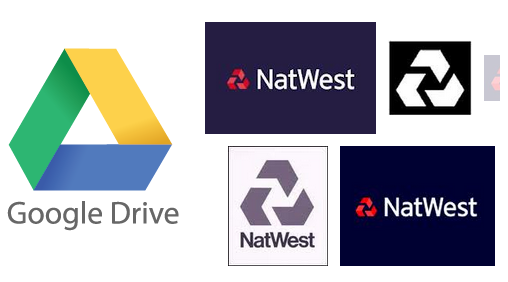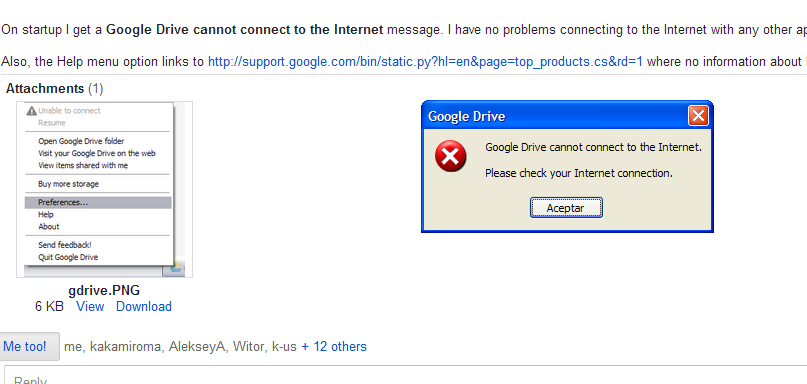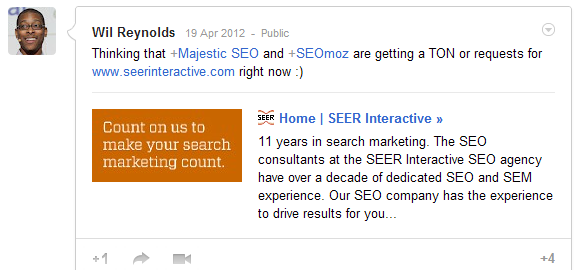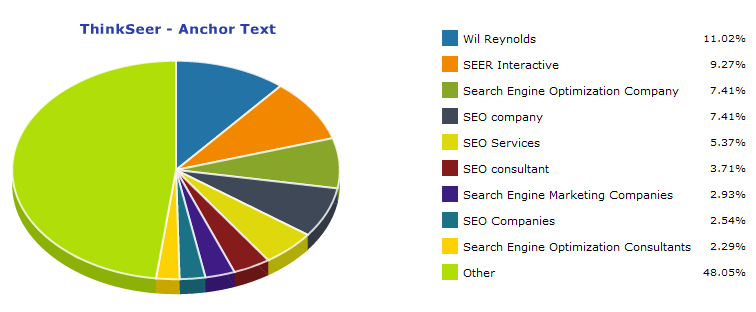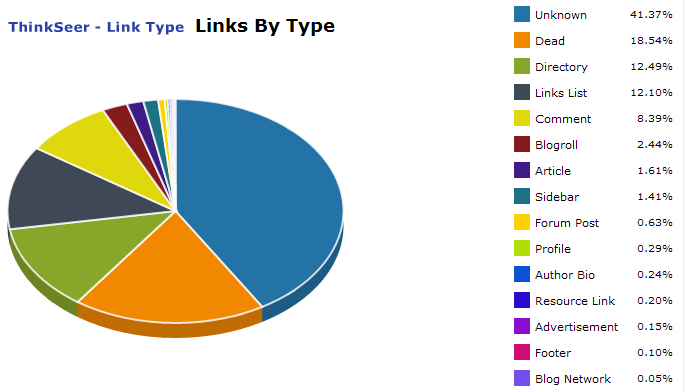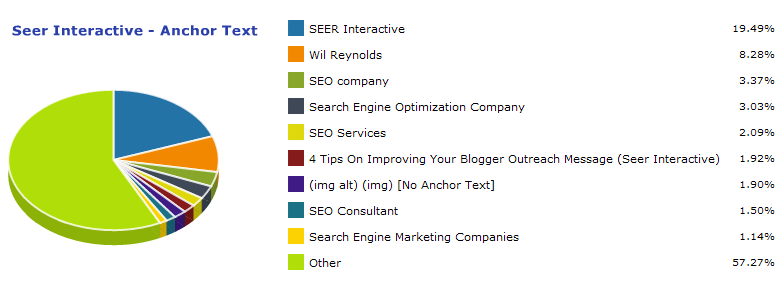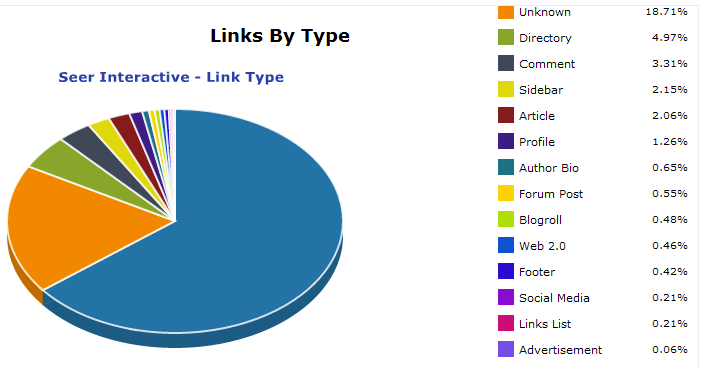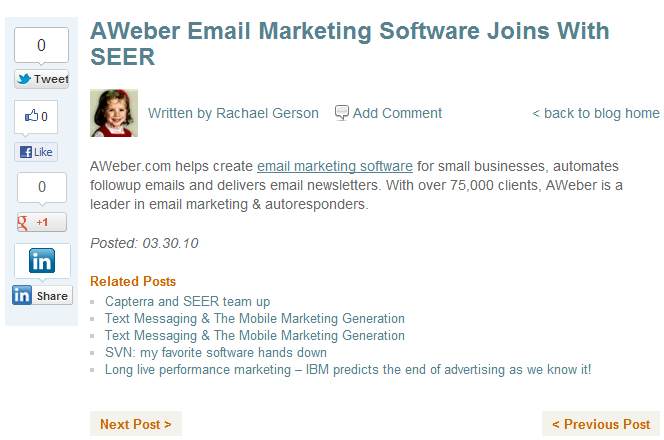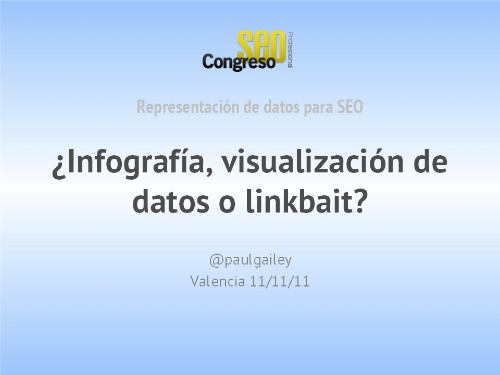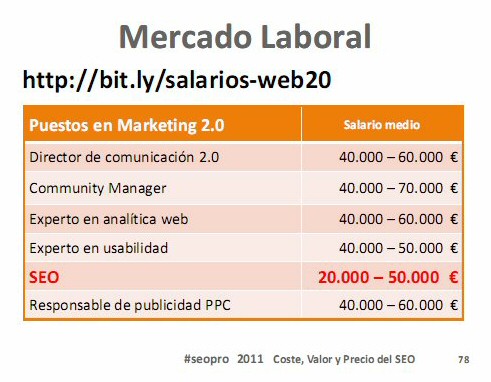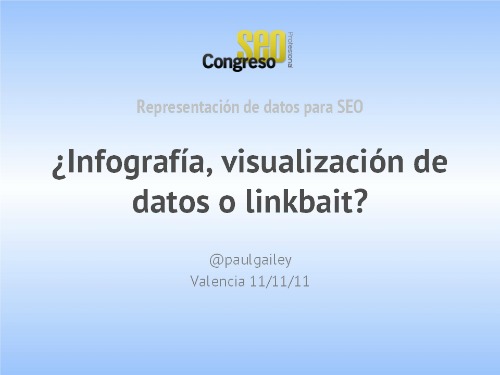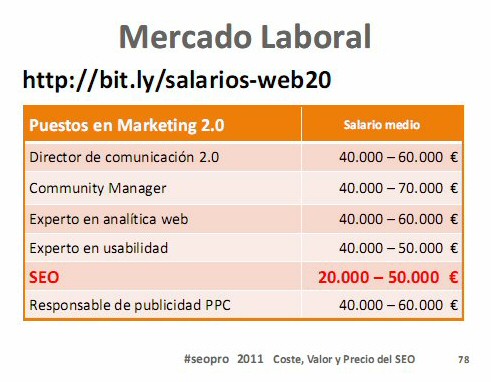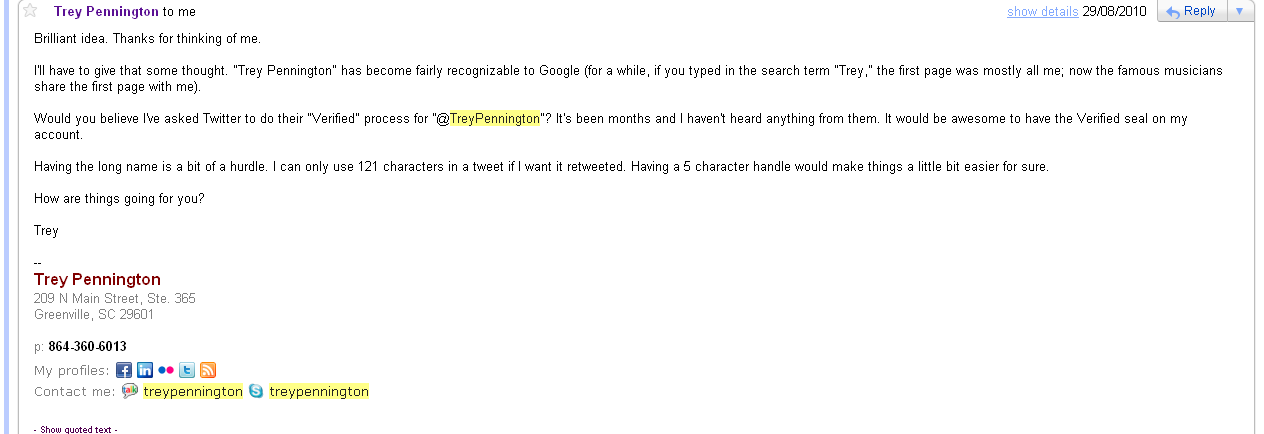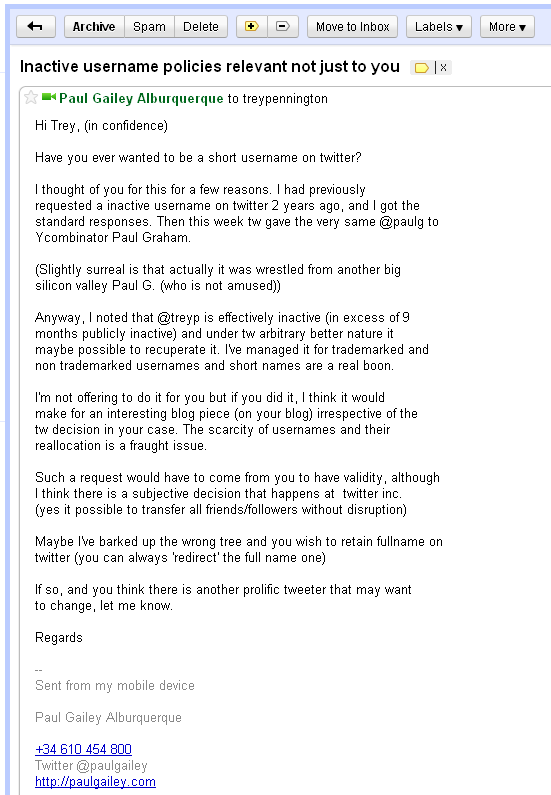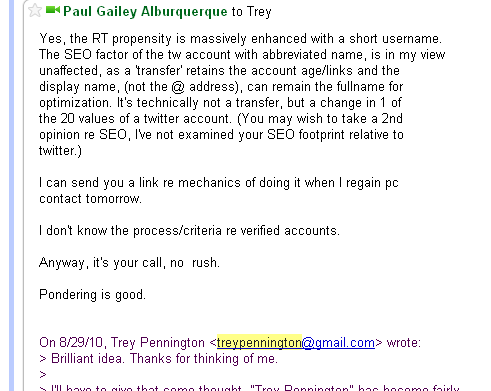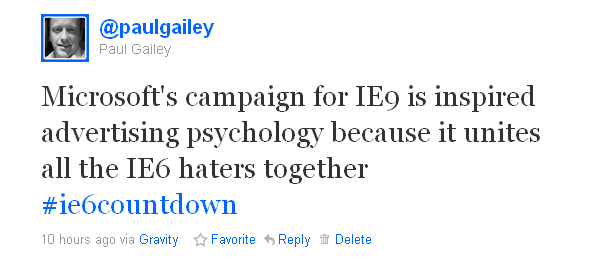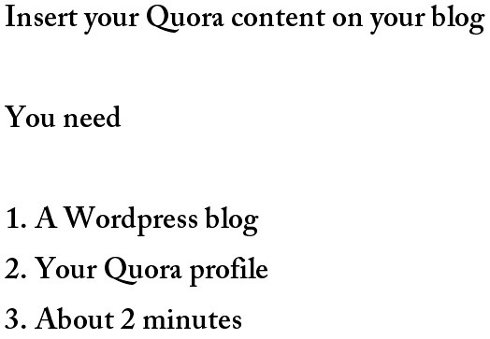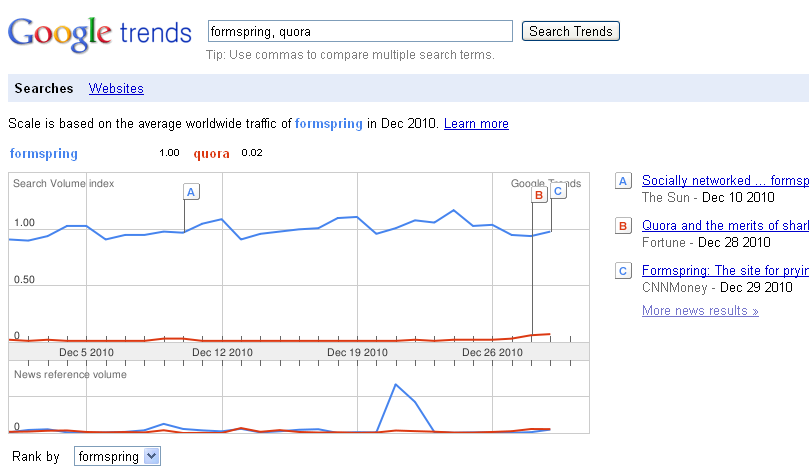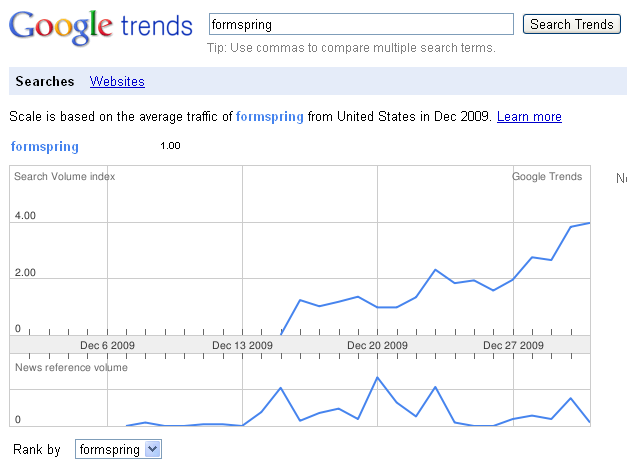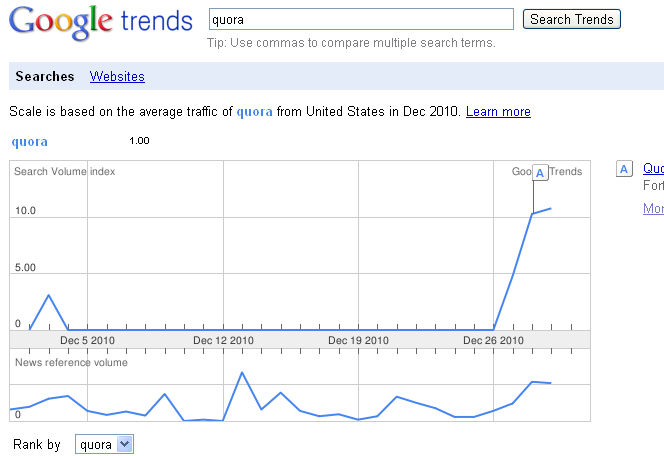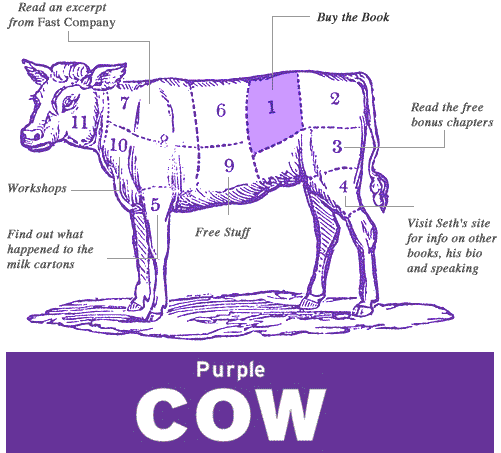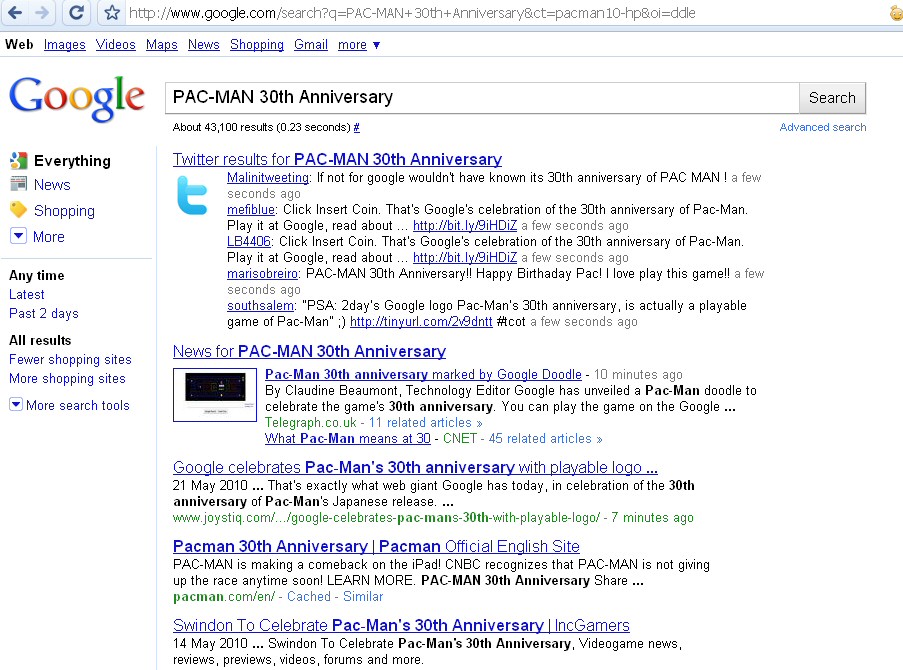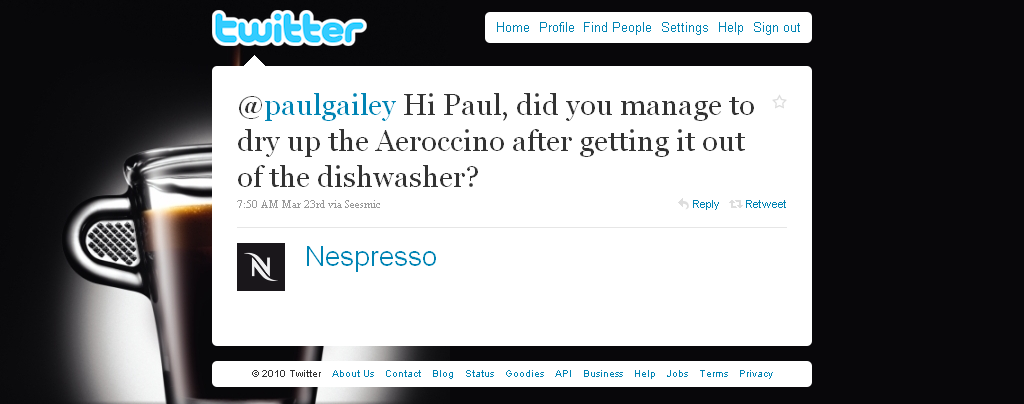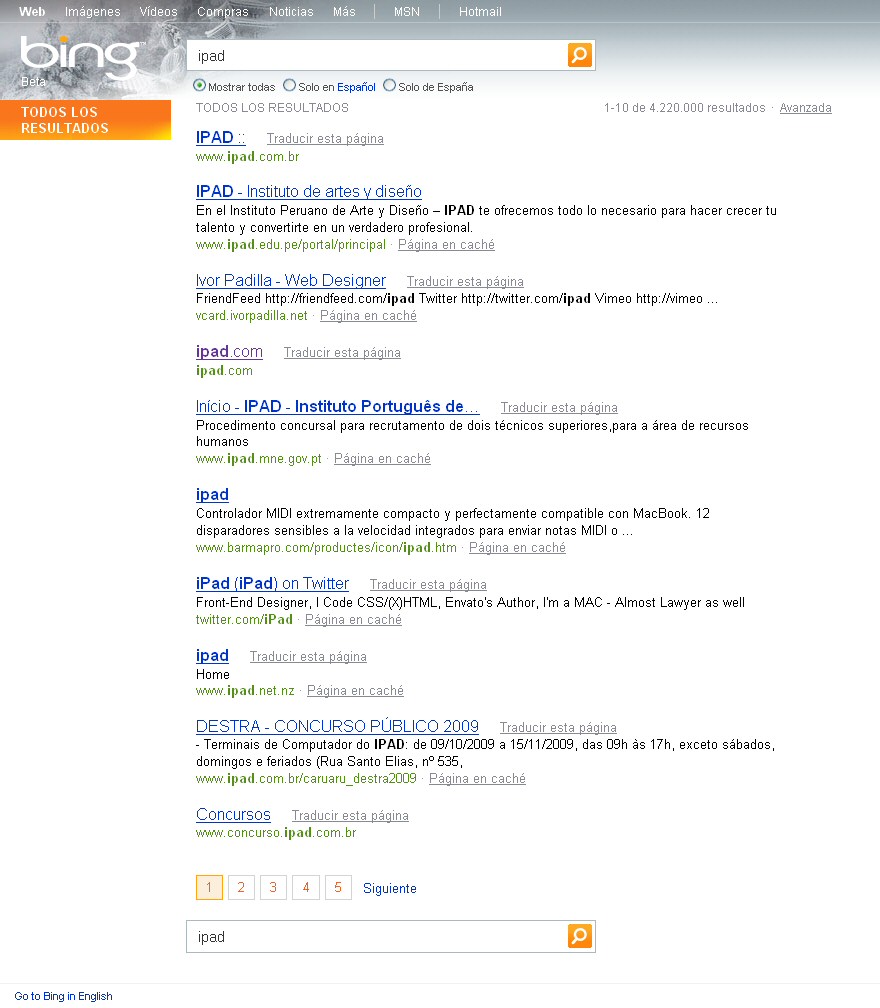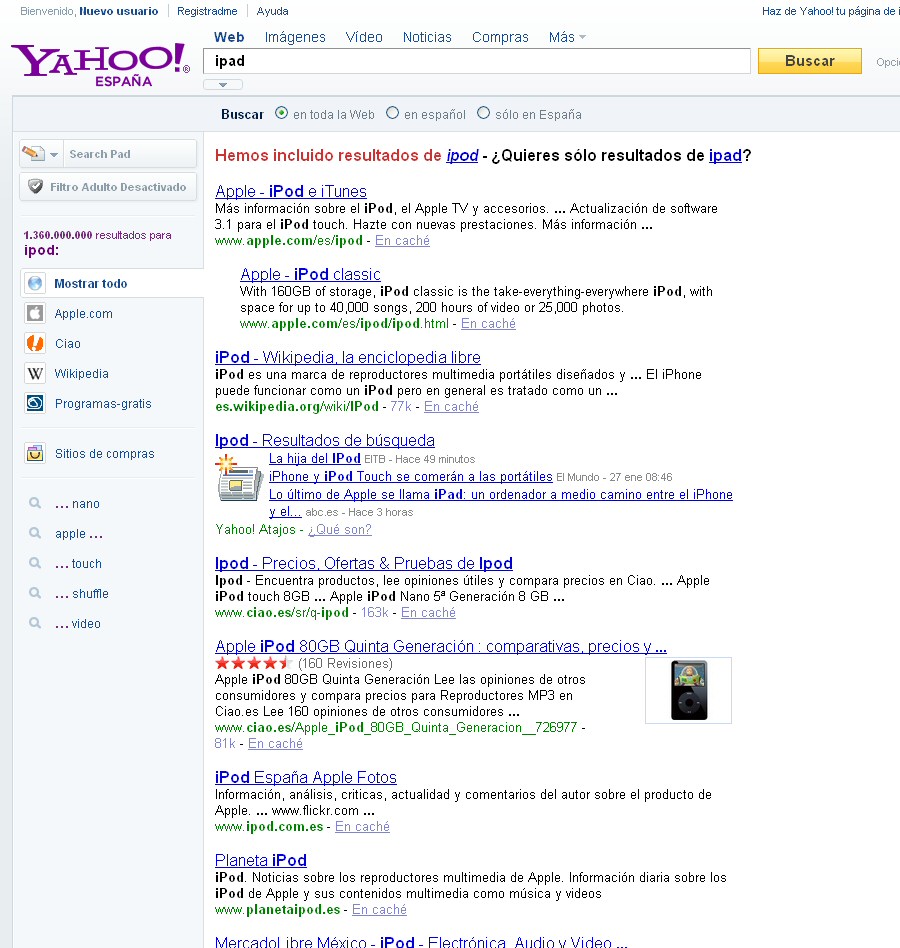El pasado noviembre tuve el placer de acudir al Congreso SEO – también conocido como el SEO Pro – como ponente invitado en el Hotel Olympia de Valencia, aquí en españa. Prefer English?
El organizador, Miguel Lopez, de Marketing Online Valencia casi el solo, organizó con un esfuerzo tremendo, un evento fabuloso que reunio la mayor peña de los mejores talentos SEO españoles para machacar ideas y fortalezer amistades durante tres intensos días.
No voy a detallar las presentaciones. Eso ya se hizo en su momento tras el evento por varios otros ponentes y asistentes de todas partes del mundo.
Basta con decir que el nivel era altísimo y las presentaciones fueron todos un éxito. Ya lo ha confirmado más que uno quien viajo desde lejos para vivirlo.
Por suerte mi trabajo y mis raices hace que amenudo viajo entre españa y inglaterra y como siempre caigo en la tentación que comparar lo bueno y lo malo de cada uno, me atrevo aquí hacer una comparativa de los eventos SEO entre españa y el Reino Unido.
La selección. A lo grande.
¿Realmente importa o no si hay muchos eventos para elegir? En el Reino Unido el panorama SEO es más grande. Bueno, no voy aquí a indagar en estadísticas, comparando empleados por agencia, ingresos o métricas de Search o PPC, pero si me arriesgo en algo, me atrevo a decir que el SEO como una profesión está más establecida dentro del mundo del marketing en el Reino Unido que lo está en España. ¿Y que? Pues, al tratar de la magnitud de conferencias, el aforo, y frecuencía de eventos, el Reino Unido tiene un montón para eligir. Desde lo gratis, a lo muy marchoso, hasta el precio VIP y eventos SEO que forman parte de un mayor evento de marketing, hay mucha variedad.
En cambio, españa tiene menos eventos pero no quiere decir eso que sea una desventaja ya que todo depende como cada evento le saca partido, ¿o no? Durante el Congreso SEO en Valencia, los setenta o asi asistentes tuvieron más que suficiente tiempo para verdaderamente hacer enlaces estrechos profesionales y reforzar amistades.
En cambio en el Reino Unido, yo por lo menos me he encontrado debido al tiempo limitado, que he tenido que investigar con mucho cuidado de antemano los asistentes y empresas al que quisiera hacer networking para que pudiese desvirtualizar a todos los SEOs a tiempo. Lo cierto es que existe un buen rollo entre SEO españoles que aún recuerda aquellos tiempos de SEO en inglaterra antes de la época de Google.
Y seamos claros, solo porque seas es primero en inventar algo, no te confiere el título de ser el mejor practicante de ello. Los Ingleses ya conocen esto a tope, el futból por ejemplo…err ¿Quién coño gano el último Mundial?
Inglaterra golea de un tiro libre con un rebote algo chanchullo
El marcador a los 20 minutos: Inglaterra 1 España 0
Organización del Evento
Por supuesto un evento de gran envergadura requiere bastantes recursos para garantizar que todo transcurra bien y esto inevitablemente contribuye al precio de la entrada.
Durante el SearchLove en Londres de Distilled, hubo un montón de gente para llevarlo todo a cabo, el audio visual, toda la grabación y lo todo lo demas que exige sacar adelante el evento.
No es solo el evento en si, sino todo su promoción previa y despues que pone a prueba a los organizadores y sus capacidades promocionales.
El SearchLove de Distilled hizo bien en generar interés antes del evento en octubre y crearon un librillo para los asistentes repleto de entrevistas con los ponentes.
En españa Miguel Lopez del SEOPro sin embargo armo un buzz varios meses antes con un uso listo del blog y Feedburner poco a poco enviando correos de entrevistas con los ponentes durante los meses previos.
Esto mantuvo un hashtag hilo continuo durante las semanas previas al evento. Los asistentes no se marcharón sin cosillas mientras que algunos asistentes y empresas ponentes repartieron regalos y mas importante códigos e invitaciones a pruebas gratuitas de herramientas SEO y lo demás. No fue una versión cualquiera de shitforlinks.
Es cierto que SearchLove punteo bien repartiendo los PowerPoint poco despues del evento, con la grabación de video de las ponencias – eso si a la venta – en cambio SEOPro solo repartio los .ppt entre los ponentes de forma privada y sin audio o video.
Como ya han pasado cinco meses desde que di mi presentación (Representación de datos para SEO o Infografía para atraer enlaces) Miguel ha permitido que lo publique.
Puedes pillar todos los enlaces de la presentación o leer y comentarlo en una versión foto albúm Google+. Descargatelo entero desde mi Dropbox pero ojó desafortunadamente los videos de YouTube no se reproducen en Dropbox.
Relativo al tema del networking y la marcha, diría que Valencia triunfaba por encima de Londres.
A pesar de que tanto SEOPro y SearchLove montarón el evento continuo en una sala, de presentaciones con una duración de 45-60 minutos (y no de forma multi-canal), el horario de Londres era brutal con menos opciones para hacer networking comparado con Valencia.
Es cierto que hubo una fiesta networking despues del evento principal en Londres, pero no todos atienden ya que hay que desplazarse del local de la conferencia al bar.
Claro, la cultura del sandwich, o tapear de pie en Reino Unido se considera normal, y no es para declarar que la comida no estaba bien – ¡que va! – y al fin del cabo la gente no viene para la gastronomía, sino para las ponencias, pero aún así, la comida en Valencia durante los tres días era de gloria.
Asistentes se sentaban en un restaurante, con amplias oportunidades para conocerse uno a otro y las ponencias volvían a empezar a las cinco de la tarde y acababan a las ocho.
Ese parón de medio día permitía que asistentes SEOPro pudiesen ponerse al día con sus temas de trabajo o tomarse una siesta bien merecida.
¿De que otra forma vas a recuperar esas horas perdidas de marcha hasta las tantas? Basta con decir que Valencia gano cualquiera comparación de marcha nocturna.
Centrocampistas españoles deslumbran con un tiki taka de muerte y un toquecito de película para marcar un empate merecido.
Marcador a los 45 minutos: Inglaterra 1 España 1
Champion & Premier league SEO
Entonces, vamos al grano y preguntamos ¿como compara la calidad del SEO entre los dos eventos?
Ambos eventos pueden presumir de una calidad de presentaciones muy altas.
La gente había hecho sus deberes, y compartía sus datos y trucos aprendidos, al menos parecío que los asistentes de SEOPro y SearchLove salieron en ambos casos muy satisfechos.
Ambos eventos han sufrido críticas de gente quienes malinterpretaron comentarios que se difunden por Twitter o que se convierten en medio mentiras, gente quien juzgan el evento sin haber asistido en persona.
Por supuesto en ambos eventos, el tema del Panda dominaba aunque en españa el elemento más común fue un homenaje casí mítico al scraper.
Edit: una mención de Panda merecida fue la coincidencía que seleccione una infografía para mi presentación de una empresa llamada AttachMedia. Sin saberlo de antemano, el autor de la infografía estaba presente en la sala y se introdujo despues. ¡Había venido desde Peru solo para el evento!
Los ponentes SEO de SearchLove en Londres, incluían nombres destacados de EEUU y Brítánicos, en contraste en Valencia con alguna excepción eran casí todos de españa.
Creo que hubo varias ponencias en Valencia que se merecían una mayor audencía como por ejemplo, las presentaciones de navegación de facetas avanzadas de Fernando Macia y Rodney Cullen. Me gusto especialimente la charla de SEOcial media de Jose Llinares.
En españa la gente no tenía pelos en la lengua a la hora de hablar en alto de técnicas del lado oscuro, en comparación cuando algo parecido ocurre en Reino Unido viene con advertencias de no probarlo a solas, de no retweetearlo y todo se habla en voz baja. ¡Ssssh!
En cambio en españa hay mucha soltura del tema, quizas porque tampoco las declaraciones se amplifican fuera del entorno SEO comparado con el Reino Unido.
Yo no soy partidario de lo gris/negro aunque no puedo denegar que a veces sea éxitoso, pero eso si, desde noviembre del año pasado algunas ventajas de las técnicas mencionadas en Valencia han disminuido con los cambios algoritmicos de Google, incluso diría que algunas ya son contraproducentes.
El año pasado me alegre ver que renombraron la descripción del puesto de Matt Cutts, al ser reconodico como un ingeniero distinguido en vez que el Jefe de WebSpam en Google.
Imagínate si llamaramos al equivalente del mundo de Marketing Directo como el Jefe de correo basura. Vaya.
Bueno, lo que quiero decir es que mientras que el SEO en mercados anglo-sajones madura, la disciplina es cada vez más aceptada como una práctica típica de marketing y su definición engloba el inbound marketing, denominado tambien en castellano como el marketing de atración.
Hay un esfuezo colectivo por líderes del SEO en el mundo anglo-sajón de posicionar el SEO más como una práctica normal de marketing en vez de continuar sufriendo una mala reputación e evitar una percepción de una imagen del SEO en crisis.
Incluso el debate de la definición del Inbound marketing se ha acelerado desde noviembre del año pasado y poco probable se calme en adelante.
Si contrastamos con la situación en españa, yo siento que la profesión del SEO está aún algo más lejano del centro de marketing online a que debería estar.
Parece haber un roce entre la comunidad SEO en españa y su equivalente de Community Managers tan ruidoso.
Los esterotipos contienen algun grano de verdad, el Community Manager tiene que demostrar el valor de sus acciones y los SEOs tienen que practicar más acciones sociales.
Hubo un momento en Valencia durante las ponencias que se vio una diapositiva contrastando los salarios web 2.0 y se producio alguna reacción de alarma y algo de irritación en la sala.
Esto fue a pesar de que diapositivas previas de casos de éxito habían demostrado el valor disproporcionado comercial que el SEO había ortogado a las organizaciones.
Incluso hubo un evento más orientado al Community Manager en Sevilla ese mismo fin de semana (EBE) y se sentía algo de resentimiento mientras se cruzaban algunas palabras sueltas entre ambos campos por Twitter.
Un clásico repetido
Quizas no sea justo comparar eventos SEO en cada país. Creo que SearchLove y Congreso SEO fueron igualmente un éxito y si tienes alguna oportunidad de acudir, deberías ir a cualquiera. En serio.
A mi me resulta muy raro a la hora de comparar paises y decantar por España o Inglaterra en estas circunstancias. Incluso cuando los equipos nacionales compiten en algún deporte, suelo respaldar al que pierde en ese momento más que nada para que haya más competición.
…a la selección española le niegan un penálti en los últimos instantes e Inglaterra pilla un gol en el minuto 93!
Marcador final:
Inglaterra 2 España 1
Of course this post is also available in English.
La conferencia Distilled de Linklove fue la semana pasada en Londres y Boston. Aquí hay un resumen (en inglés). Si te lo perdistes, habran videos SEO de la conferencia a la venta.
El Congreso SEO se celebra este año en Madrid, el 6 y 7 de julio 2012. Las inscripciones con descuentos se acaban muy pronto.
¿Que opinas?
¿Inglaterra triunfa a españa en conferencias SEO o al revés?
¿Tarjeta amarilla para mi juicio o qué?








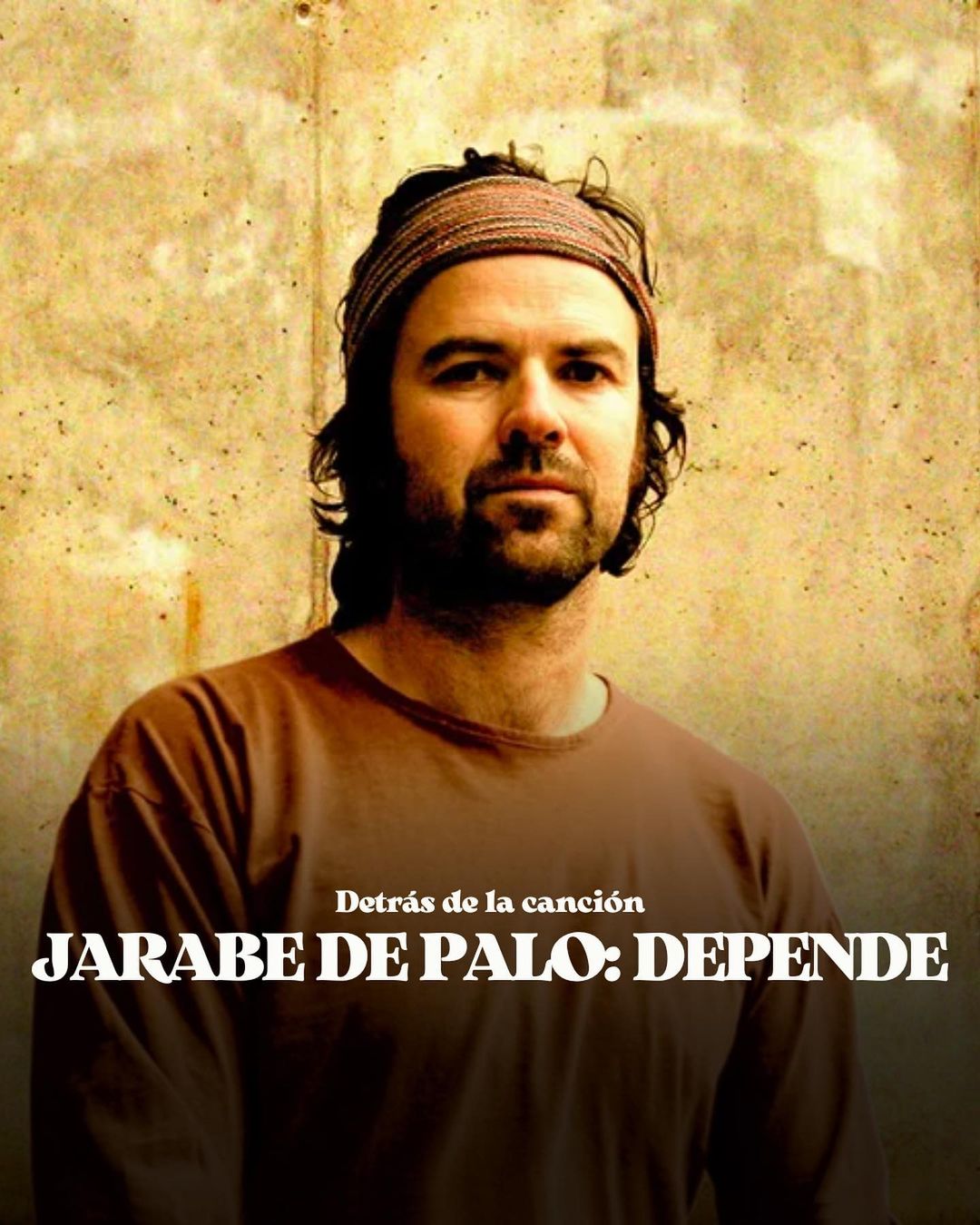


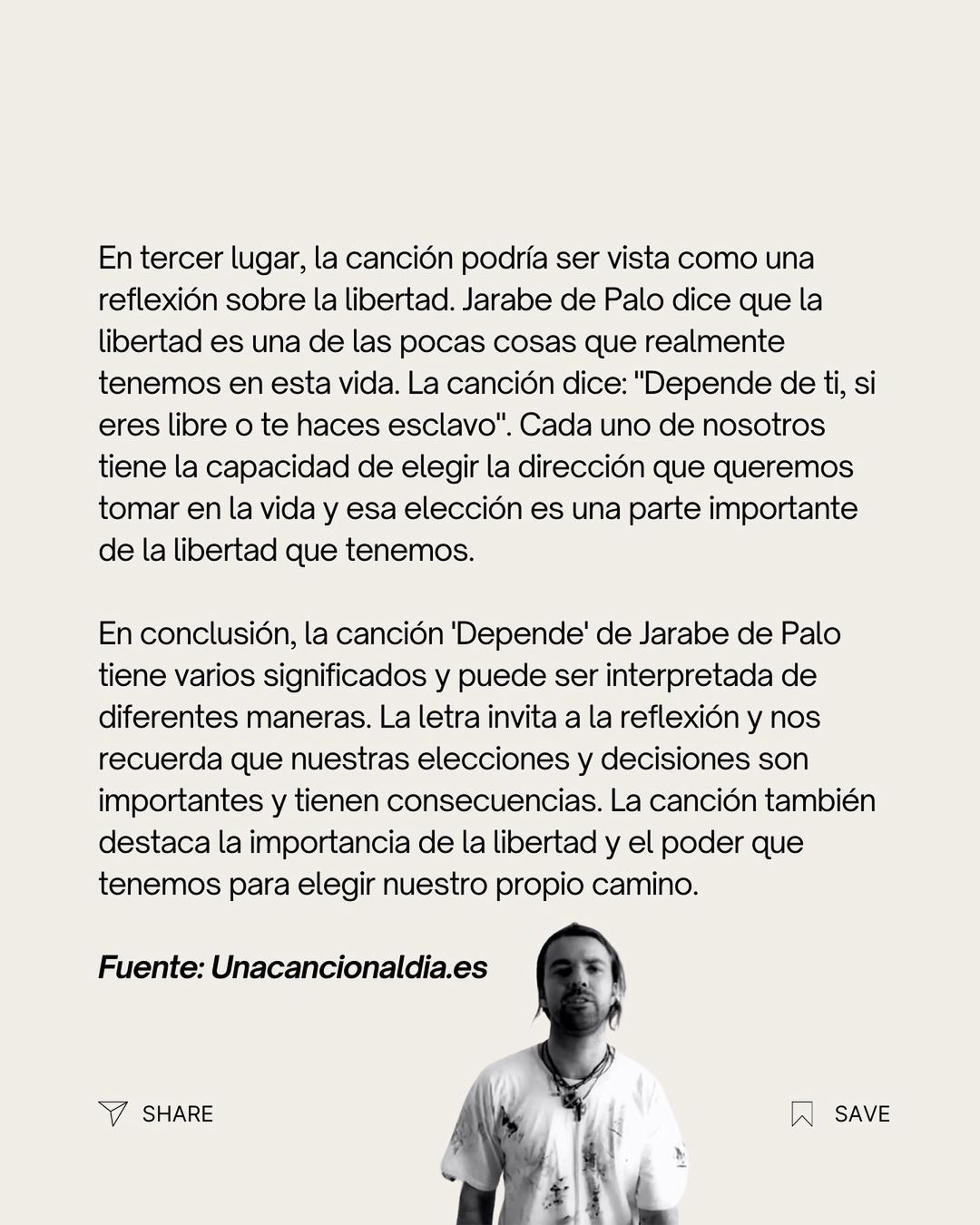






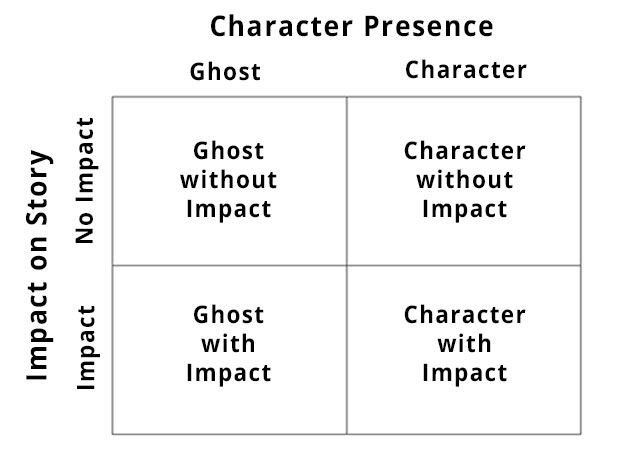
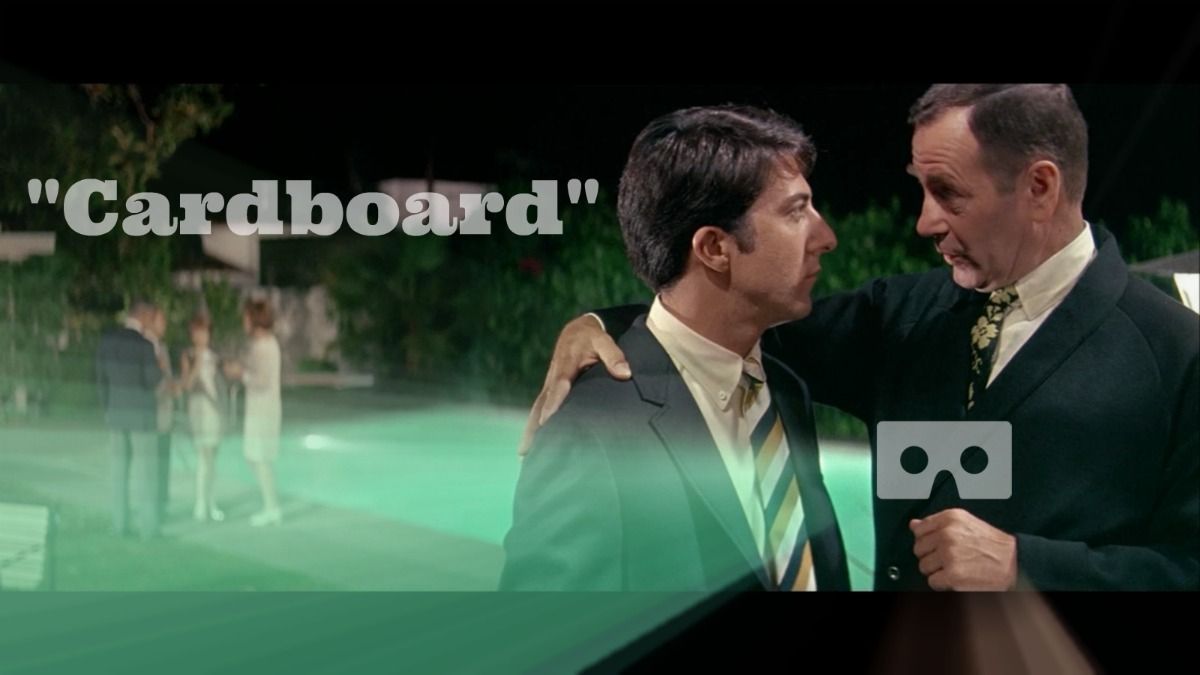
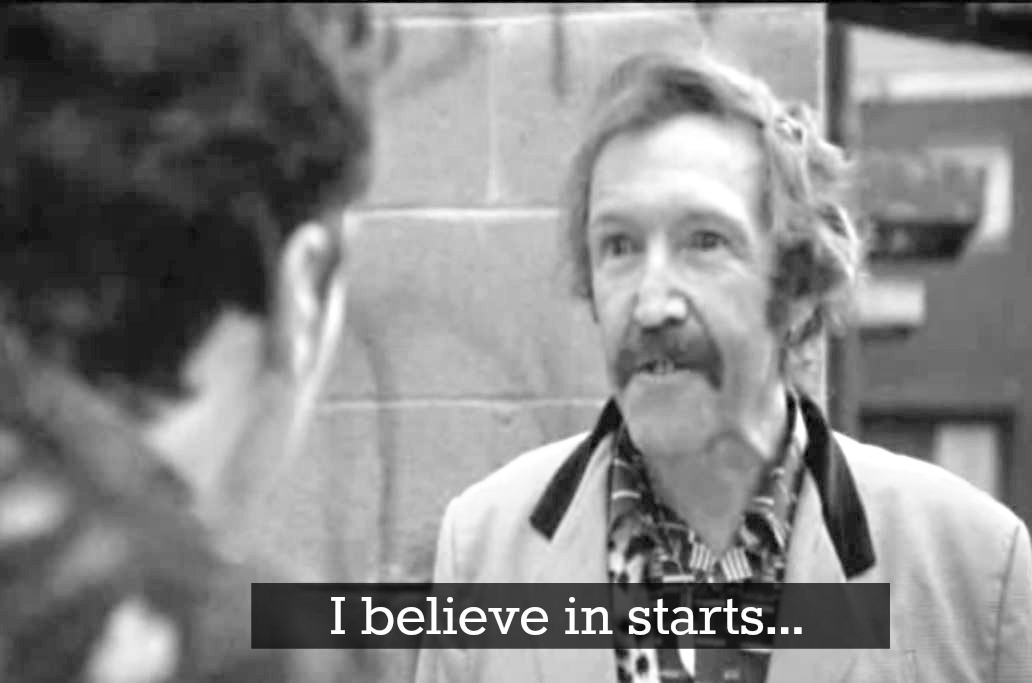



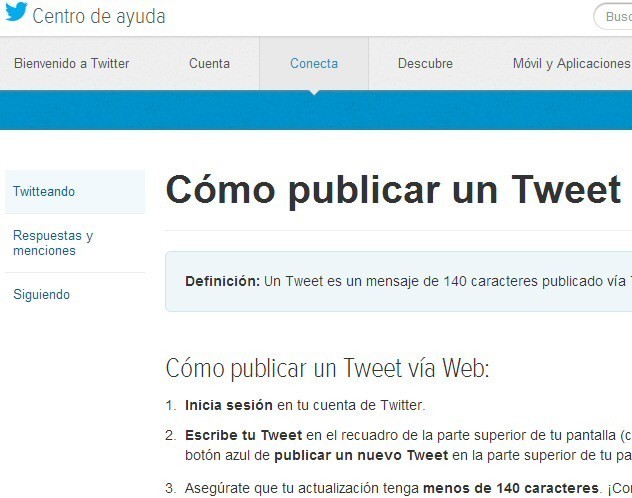

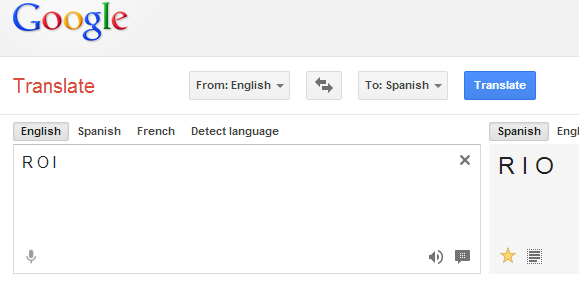

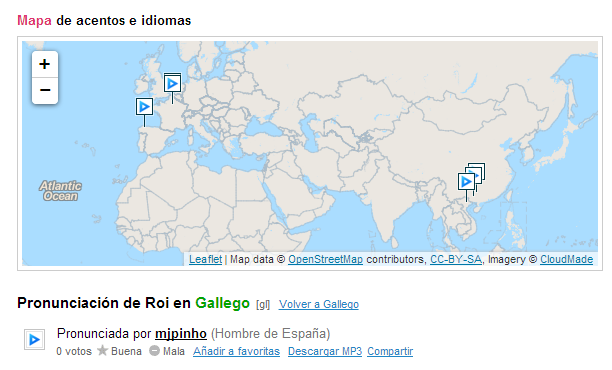
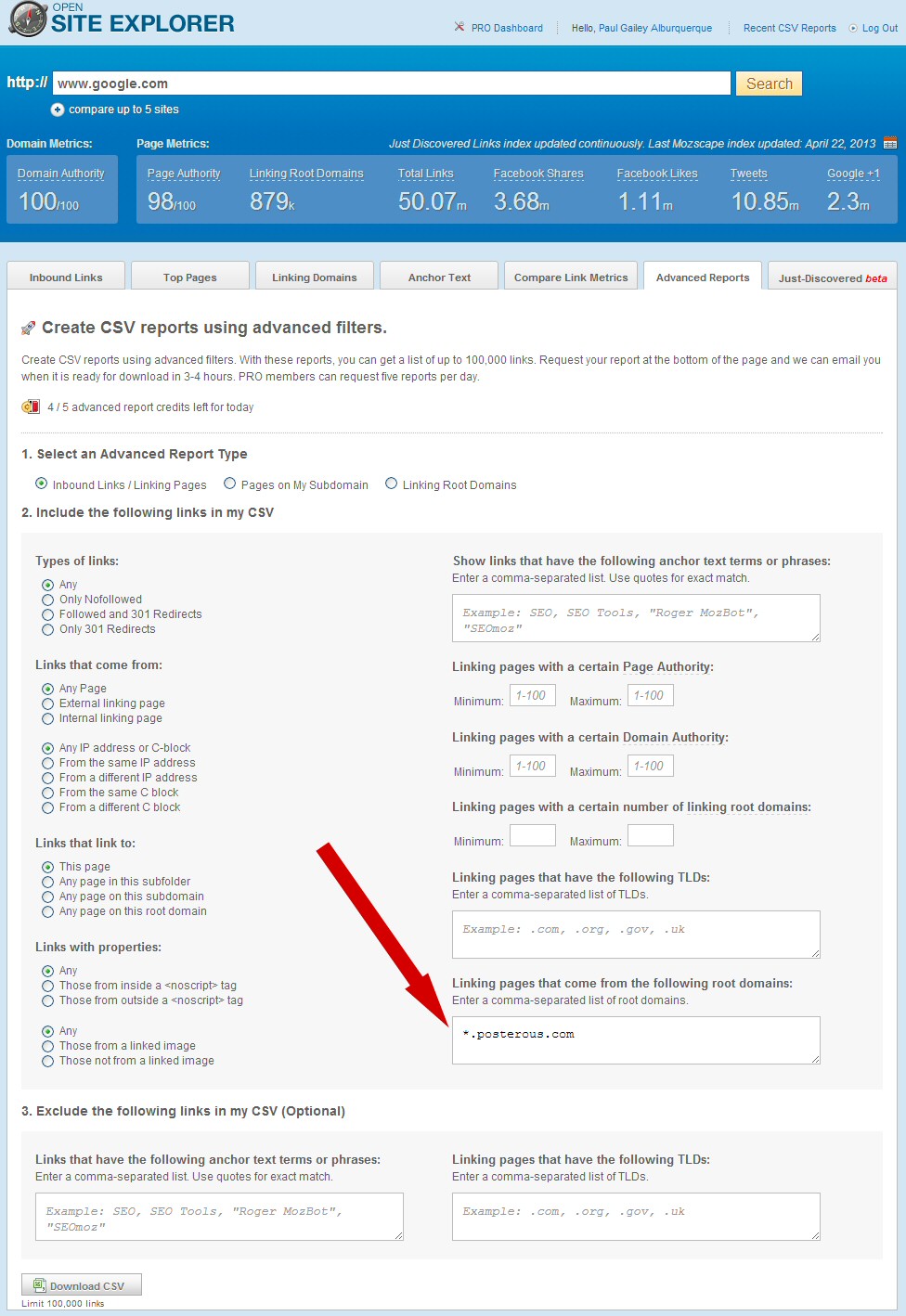
 It’s true.
It’s true. The magnificently named and not unlike Seth Godin looking Paris, is a Bulgarian based New Orleans native CEO of an SEO agency in Sofia. Paris’ firm is listed as an SEOMoz
The magnificently named and not unlike Seth Godin looking Paris, is a Bulgarian based New Orleans native CEO of an SEO agency in Sofia. Paris’ firm is listed as an SEOMoz  Jamie is the VP of marketing at SEOMoz. He has dabbled in some WBF’s in 2010 and recently whipped up a deft post about Google Analytics and Google Docs
Jamie is the VP of marketing at SEOMoz. He has dabbled in some WBF’s in 2010 and recently whipped up a deft post about Google Analytics and Google Docs  Kipp was promoted to Director of Marketing at Hubspot six months ago after spearheading the content at their eponymous blog during nearly three years, and we all know that Hubspot is the spiritual other half of the origins of Inbound.org.
Kipp was promoted to Director of Marketing at Hubspot six months ago after spearheading the content at their eponymous blog during nearly three years, and we all know that Hubspot is the spiritual other half of the origins of Inbound.org. Chris is the MD of the Scottish outfit Hitreach.
Chris is the MD of the Scottish outfit Hitreach. Ani Lopez is a Spanish marketing strategist based in Vancouver, Canada.
Ani Lopez is a Spanish marketing strategist based in Vancouver, Canada.

